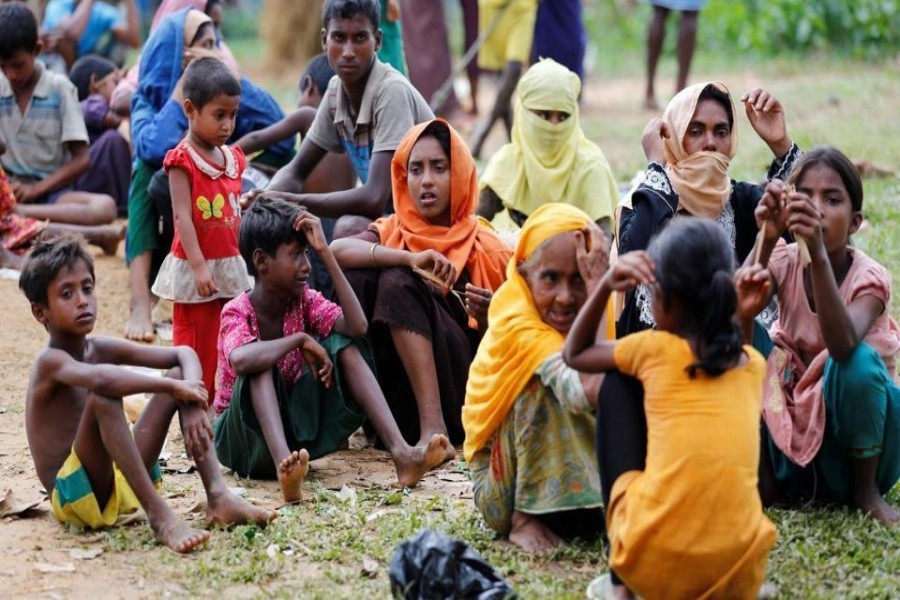Rohingya repatriation process will take more time, said convener of technical committee on repatriation and Cox's Bazar Rohingya Repatriation Commissioner M Abul Kalam on Sunday.
"Rohingya repatriation will take place. It's possible to start at any time once urgent works related to repatriation are finished," he said.
Rohingya repatriation was supposed to start from Tuesday.
He said the repatriation of Rohingyas can no way begin from scheduled day as there are many tasks are left undone.
"Meanwhile, it's not such a task that can start immediately."
Foreign Minister AH Mahmood Ali also said he cannot set a date but the repatriation process has already started with the signing of physical arrangement.
On January 16, Bangladesh and Myanmar signed a document on 'Physical Arrangement' which will facilitate return of Rohingays to their homeland from Bangladesh.
The 'Physical Arrangement' stipulates that the repatriation would be completed preferably within two years from the commencement of repatriation.
Foreign Ministry officials in Dhaka said verification and return of Rohingyas will be based on considering the family as a unit and Bangladesh and Myanmar also finalised the 'form' for verification.
According to UNB, the modalities for the repatriation of orphans and children born out of unwarranted incidence have been incorporated in the said arrangement.
"The verification form will be distributed among all Rohingya families. The forms will be then handed over to Myanmar authority for scrutiny. Myanmar will send back the forms to Bangladesh after scrutiny," said an official.
Each Rohingya family members will have to provide a number of information including names, gender, birthplace, name of mother and father, date of birth, address in Myanmar, profession, signs, number of family members and a group family photo.
Under the 'Physical Arrangement' Bangladesh will establish five transit camps from which returnees would be received initially in two reception centres on Myanmar side.
Myanmar will shelter the returnees in a temporary accommodation at the Hla Pho Khung and expeditiously rebuild the houses for the returnees to move in there.
They will consider resettling the people staying at the zero line on a priority basis, according to the agreement.


